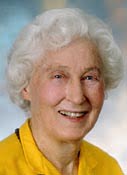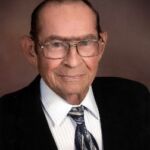Healing the Wounded Child From Past Lives – Margaret Lento (Is.14)
by Margaret Lento, Ph.D.
Margaret Lento presents some ways to heal the client who was wounded as a child in a past life, using three clients’ cases as examples. Especially interesting is the way she follows her client’s lead as to the best way to heal the child and then to bring the child’s good qualities into the client’s “here and now.”
The benefits of current-life inner-child healing are very well known and accepted. But uncovering and reliving a traumatic experience as a child in a past life may reveal fears that have been built up over the years, over many existences. These fears must be eliminated before the regression can be permanently beneficial. I refer to it as … Read the rest





